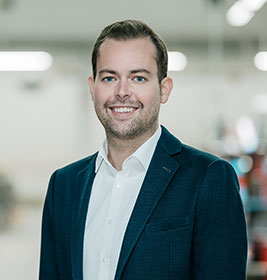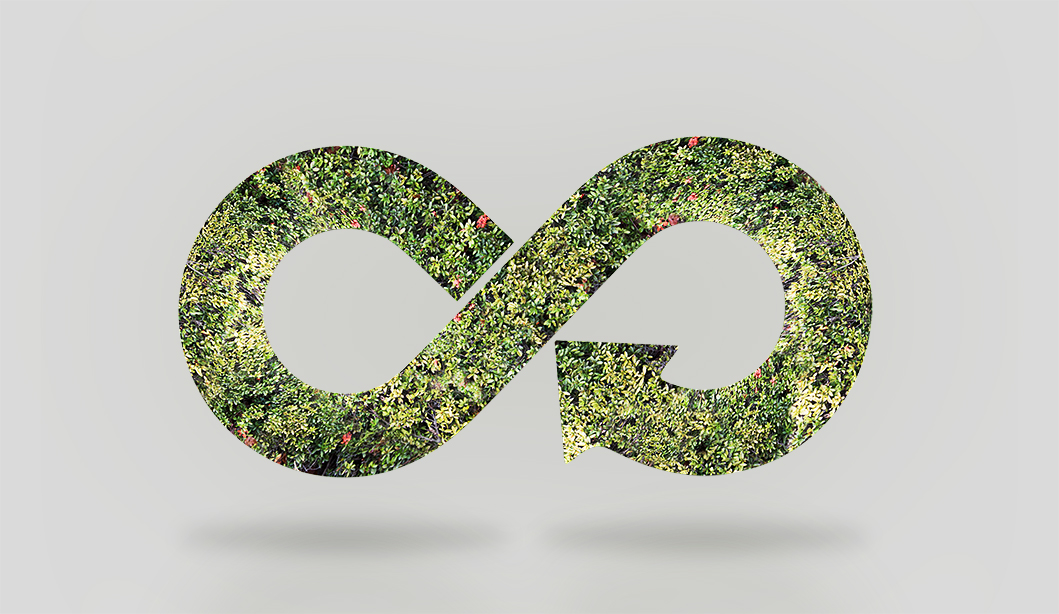
Our strategy for
a sustainable
relationship with nature

There is no environmentally-friendly packaging without sustainable production. This is why Beucke & Söhne GmbH & Co. KG has set as its corporate objective to also reach the highest possible level of sustainability in terms of raw materials and production. Read on to find out eight facts regarding our path to a sustainable future. Sustainability starts – well, where does it actually start? When purchasing raw materials? Or with a more environmentally-friendly production? One thing is certain: Sustainable production starts a lot earlier, during the extraction of raw materials and production at our sites. It is worth taking a critical approach when it comes to the topic of sustainability. Because producing packaging solutions requires resources.
And where does sustainability end? When disposing of packaging waste? Shouldn’t the goal be to reach a circular economy in which as few resources as possible are wasted?
Join us on a trip along our packaging solutions supply chain and to our production sites. Introducing eight facts on the topic of sustainable production and environmentally-friendly packaging solutions.
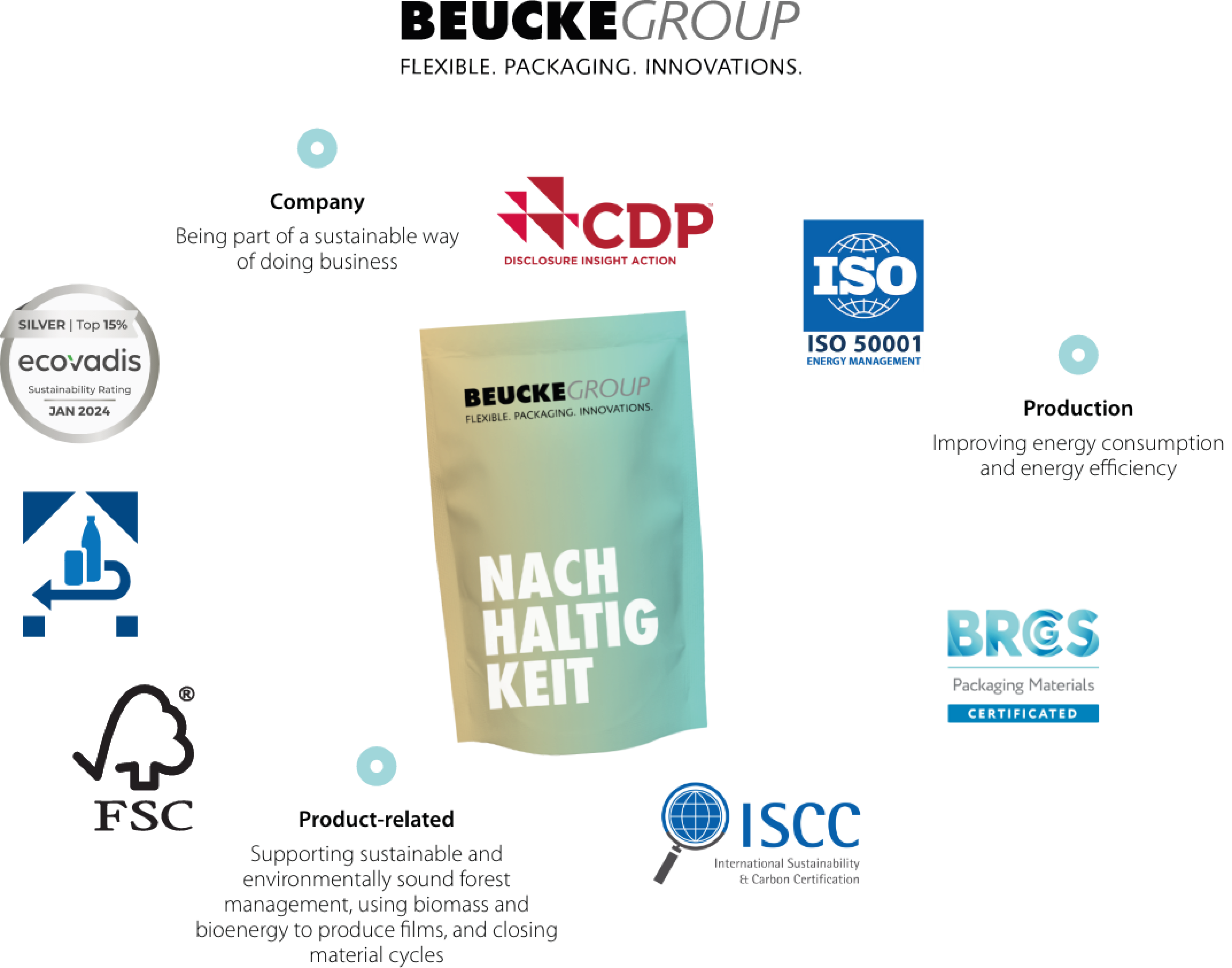

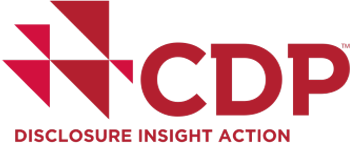
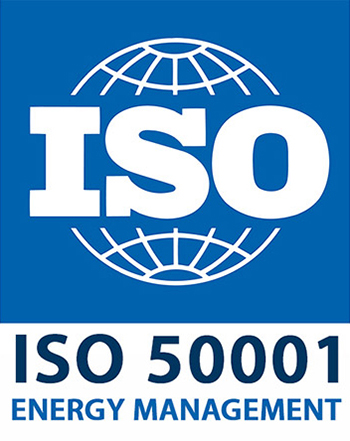
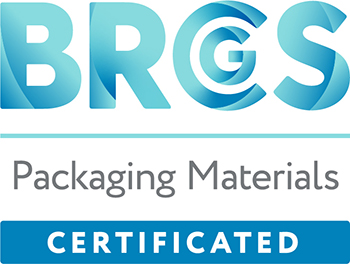
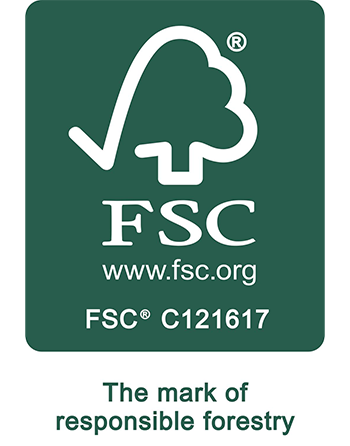
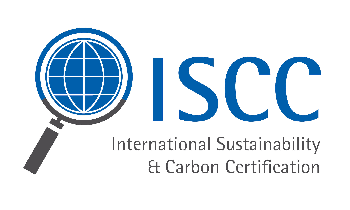

Please do not hesitate to contact us.
